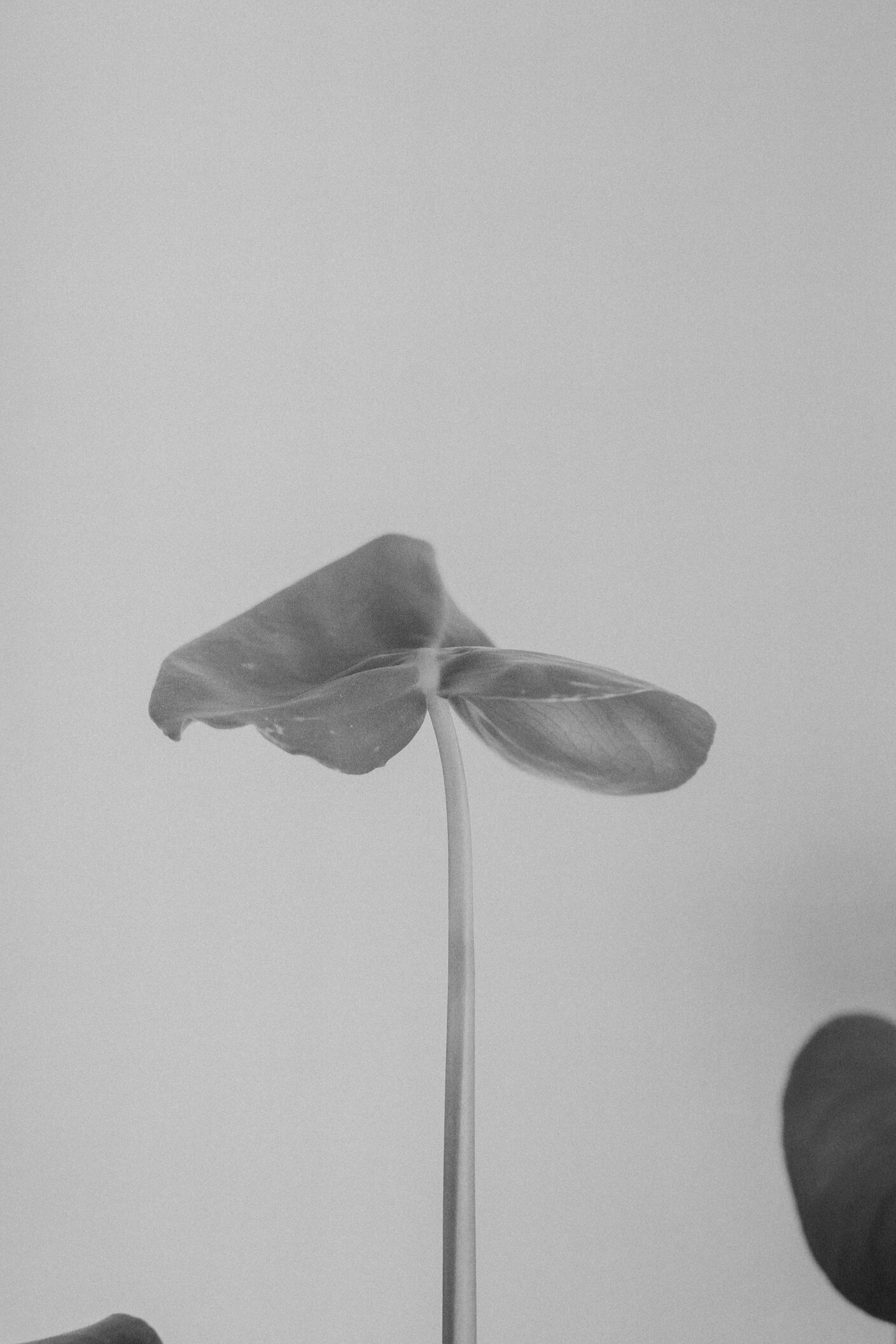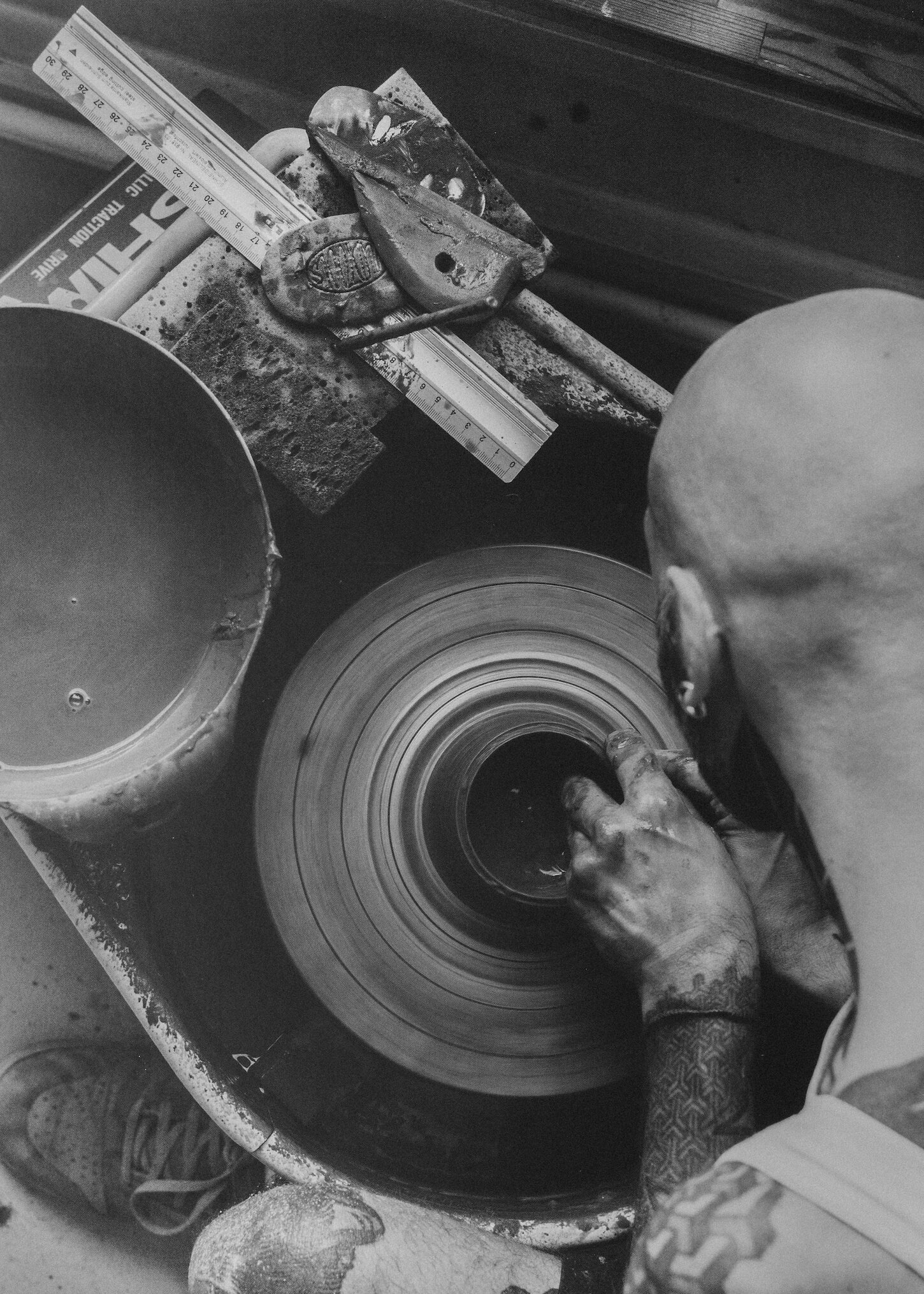ROUGH EDGED
EARTHY CERAMICS
My name is Ennio, I was born in Rome and lived in London until 2017, the year in which i decided to move to Berlin – a radical choice dictated by the need to seek a healthier life that would suit my needs. It was during this journey that I discovered the ancient art of pottery-making.
I still remember the first time I got my hands into wet clay. An ancestral, unique and unexpected feeling that reconnected me to the innermost part of myself, a part that I hadn't felt until then, and that was ready to come out.
This is how EN CERAMICA was born, in the summer of 2018.
EARTH
AIR
FIRE
WATER
Through the act of creating I approach the beauty of nature and its two prominent sides – the spiritual and the physical – which are the same sides of my personality: they are constantly looking for harmony.
A continuous process of meditative concentration that aims to shape the material to show its intrinsic beauty – always different, imperfect and full of those characteristics that make an object unique and attractive in an infinity of manners.
MY JOURNEY ALSO INCLUDES SHARING MY KNOWLEDGE
I am part of the queer community and with my studio in Berlin I offer a safe space for all genders, bodies and identities who want to explore the world of ceramics.
WABI-SABI
THE ART OF IMPERFECTION
In pottery Wabi-sabi embodies simplicity, naturalness, and imperfection of the materials and techniques used.
In general, wabi-sabi is everything that today’s polished, mass-produced, technology-saturated culture is not. For example is a flea market and not a shopping mall; is aged wood, and not laminate flooring; is one single flower, and not a dozen red long stem roses. Wabi-sabi celebrates the beauty of a grey wintery landscape or the solitude of an abandoned building. It honours the cracks and all the other marks that time, weather and use leave behind.
Wabi-sabi reminds us that we are all transient beings on this planet; that our bodies, as well as the material things we own, are in the process of returning to dust.
Through wabi-sabi, we learn to embrace both the greatness and the melancholy found in the passing of time.






